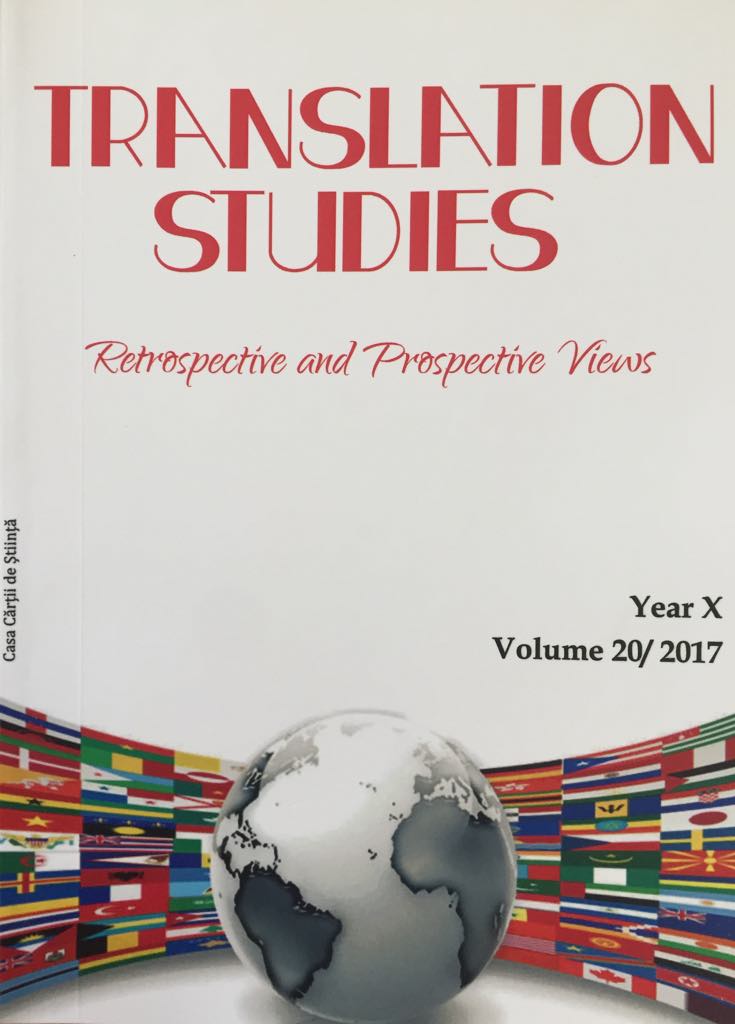INTRALINGUAL AND INTERLINGUAL GRAMMATICAL SYNONYMY WITH EXPRESSIONS OF THE MODAL CONCEPTS OF ABILITY AND POSSIBILITY
INTRALINGUAL AND INTERLINGUAL GRAMMATICAL SYNONYMY WITH EXPRESSIONS OF THE MODAL CONCEPTS OF ABILITY AND POSSIBILITY
Author(s): Anca Florina LipanSubject(s): Language studies, Language and Literature Studies
Published by: Editura Casa Cărții de Știință
Keywords: synonymy; grammar; modal verbs; modality;
Summary/Abstract: Modality is expressed by a wide variety of means ranging from modal verbs to other parts of speech and syntactic structures given the fact that there are numerous instances when the same modal concept can be expressed in different ways. Modality can be expressed lexically, by using adverbs such as likely, unlikely, probably, possibly for epistemic modality and the modal expressions/idioms be obliged to, have to, be free to, for deontic modality. It can also be expressed by means of modal verbs such as must, ought, may, might. Sometimes, it is the increasing use of semi-modals in the detriment of core modals that is responsible for the existence of synonymy at the grammatical level,. Therefore, meanings of possibility, permission, necessity, obligation, volition, prediction, usually conveyed by modal verbs such as can, could, may, might, shall, should, will, would, must, are frequently expressed by means of semi-modals such as be going to, have to, to be obliged to. The synonymy relationship between these ways of expressing the same concept will be analysed from the intralingual as well as from the interlingual perspective with a view to proving the correspodence between language systems.
Journal: Translation Studies: Retrospective and Prospective Views
- Issue Year: 21/2018
- Issue No: XI
- Page Range: 119-131
- Page Count: 13
- Language: English

